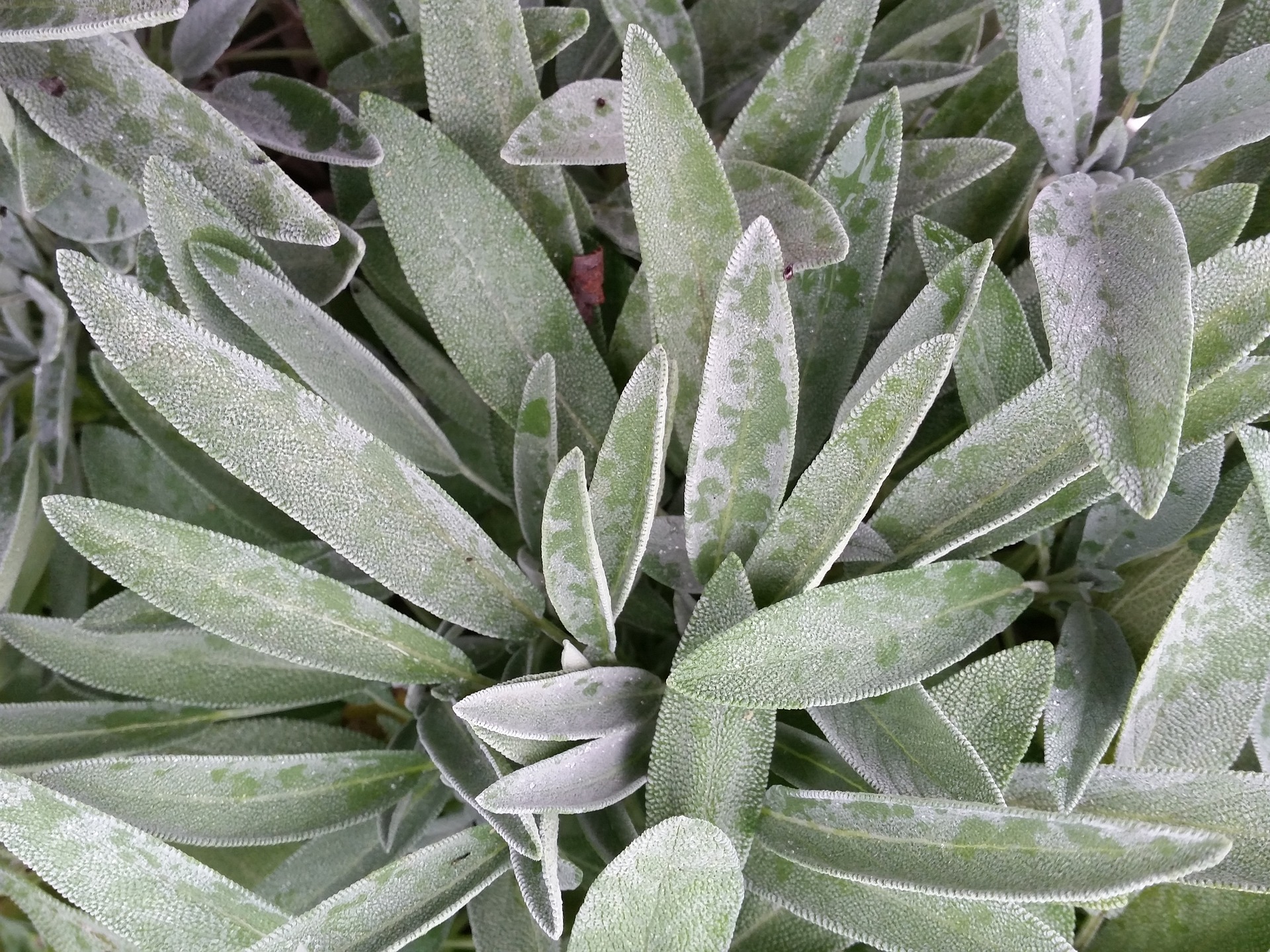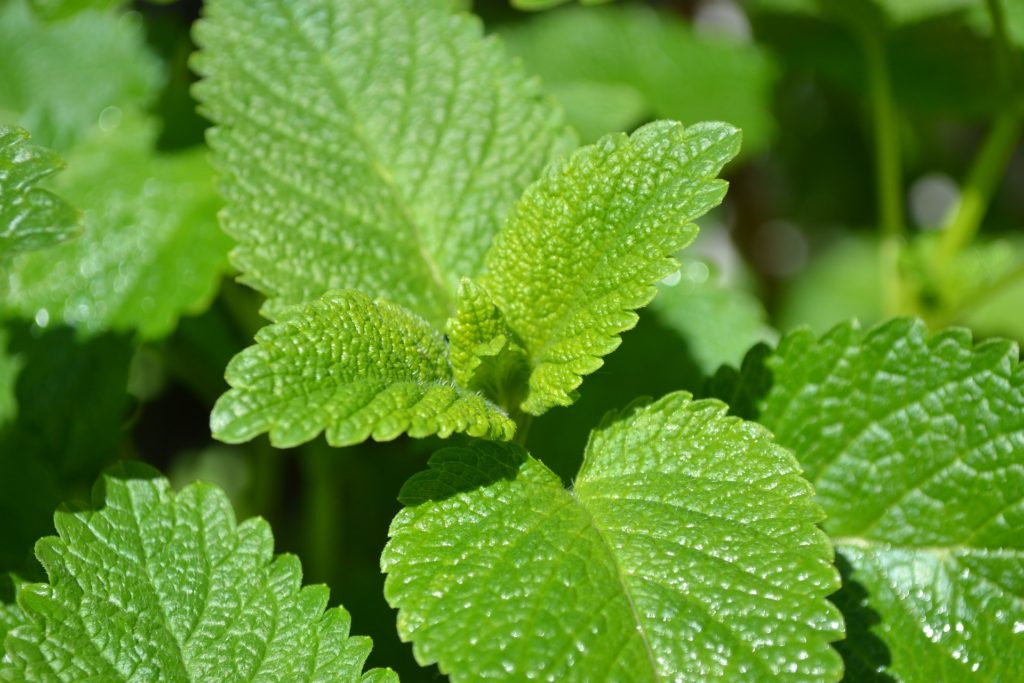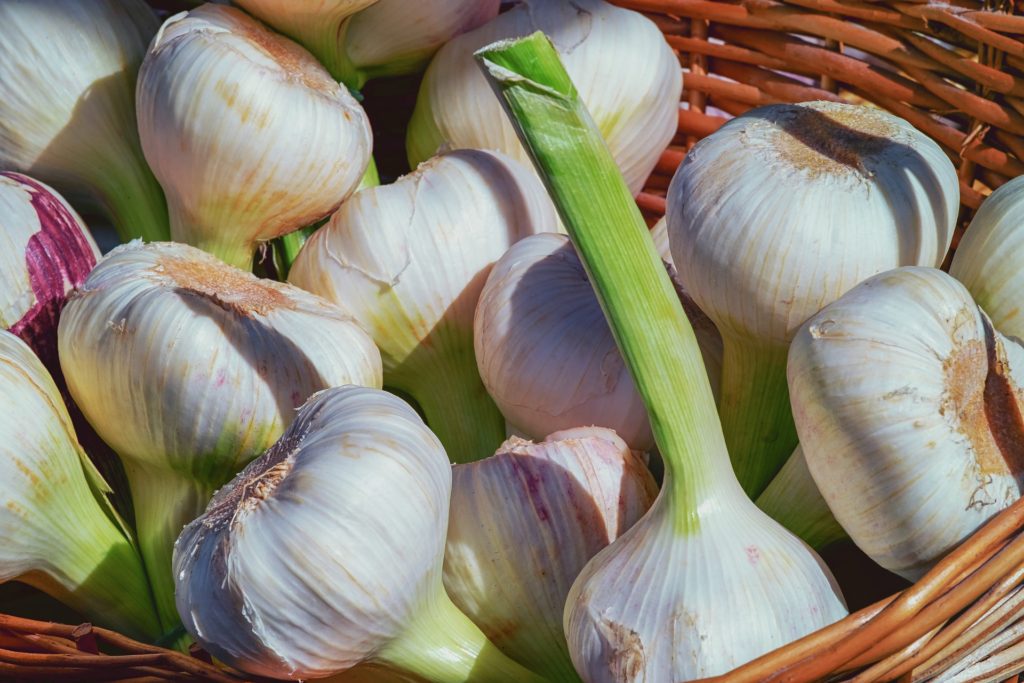
Learn About & Grow Herbs
Grow seasonal herbs to come into alignment with the energy and flow of yearly cycles. You plan and start seeds in the late winter, plant in the spring, and harvest during the summer and fall. A few herb pots on the porch and you are good to go. Eating fresh seasonal herbs aligns you with the earth’s natural healing energy and syncs you up with the seasons.
Today is a blustery day in late February and I am planning my mid-May plantings in my garden. I wanted to do it while I am still excited at the prospect. Yesterday, I went to a class on local herbs and how they are used. The workshop was taught by Jade Alicandro Mace sponsored by The Herbal Community of Central Massachusetts and Tower Hill Botanical Gardens. As part of the workshop, we reviewed 14 basic medicinal herbs and we set up some herb seeds 6 packs to grow. I will transplant them to herb pots after 6 weeks or so then plant them in my garden after the last frost.
I grow my own herbs because I benefit from the functional aspect herbs to support health. Herbs are in general easier to grow and less fussy than vegetables. Herbs are perennial or often self-seed once you get them started. I love the high return on investment with herbs!
This workshop was a perfect combination of learning about the herbs and hands-on planting. My favorite of the herbs Jade Alicandro Mace of Milk and Honey Herbs.com shared on were lemon balm, motherwort and my old favorite garlic. I could listen to Jade for hours. Jade gave us the full picture, photo, Latin name functions in the body, recipes, planting and growing conditions woven with personal insights and stories.
3 Favorite Herbs Of The Day
I am highlighting my 3 favorites that Jade spoke about here. Why focus on these three of the fourteen she presented? I learned new things about these three. I am always looking for ways to learn, support my digestion, liver and nervous system and these three specifically support the body in key systems.
Precaution
Use caution when trying new herbs. Consult your doctor, health care team and a clinical herbalist for interactions with prescriptions and any contraindications specific to your health. Always test new herbs and foods before bringing them into your regular diet.
Lemon Balm

Lemon Balm’s taste (rasa) is pungent and sweet, (virya) energetics is cooling and the post-digestive effect (vipak) is pungent. (KP- V0 p. 206 The Yoga of Herbs) I am sitting sipping a delicious mug of lemon balm tea as I write. Part of the mint family, lemon balm is a great herb to tap when life if full and a bit overwhelming it. I grew it last year but did not get a good harvest, so we ordered some organic online. Lemon balm is a soft lemony flavor that calming and supportive to the nervous system and digestive system.
Motherwort –
Motherwort’s taste is bitter and pungent, energetics is cooling, and post-digestive effect is pungent. (PK- V+ p. 208 The Yoga of Herbs) It supports even temperament, relieves anger and irritability, it heart healthy and is a women’s reproductive tonic. A digestive bitter, it also supports healthy liver function. It makes a bitter tea, or take it in tincture form.
Garlic

Garlic’s tastes are sweet, salty bitter pungent and astringent, energetics warming and post-digestive effect pungent. (VK- P+ p. 202 The Yoga of Herbs) I love this plant because it carries you through the seasons. Garlic is a plant that keeps on giving so even though I grow it and use it a lot I still want to talk about it. You can grow garlic in herb pots or even bags.
You get to seed it in the fall, eat the scapes in the early summer, pull the heads in the midsummer, cure them ( hang them to dry in a space with good air flow), then enjoy them in your food. Garlic is anti fungal, antibacterial, heart healthy, hypotensive, and delicious.
Ayurveda Loves How Herbs Help
I added info on how Ayurveda looks at each of these herbs acts on digestion and the dosha. There are many reasons in Ayurveda to use kitchen herbs and spice in your routine meal prep.
- They help you balance the six tastes.
- Herbs build health in the body by their taste, energetics and post-digestive effect.
- Many herbs are carminative in nature meaning they support more healthy digestion as we age/.
- Your body removes toxins in your waste stream everyday. Liver and Lymph supportive herbs assist this vital function.
Start Simple With Herb Pots
You don’t have to become a clinical herbalist to bring kitchen herbs into your life. Start with easy ways to get to know the taste and value of herbs in your diet. You don’t even need a garden.
Go to a class or two at a local botanical garden or garden shop and start with few herb pots for your window sill or back porch. Add these fabulous functional plants to your plates and support evolving health.
Ayurselfcare’s purpose is to educate on the benefits of Ayurveda. This article is not a substitute for professional medical care, treatment or advice. All the material here is for learning purposes only. Always share strategy and work with your health care team.
Reference: The Yoga of Herbs by Dr. David Frawley and Dr. Vassant Lad, Lotus Press, Twin Lakes Wisconsin 2008.

thanks for posting this Mary! I was disappointed not to make Jades workshop. I am slowly poking around Ayurveda 🙂
We had a great time. My seeds have sprouted.
Great let me know any questions.